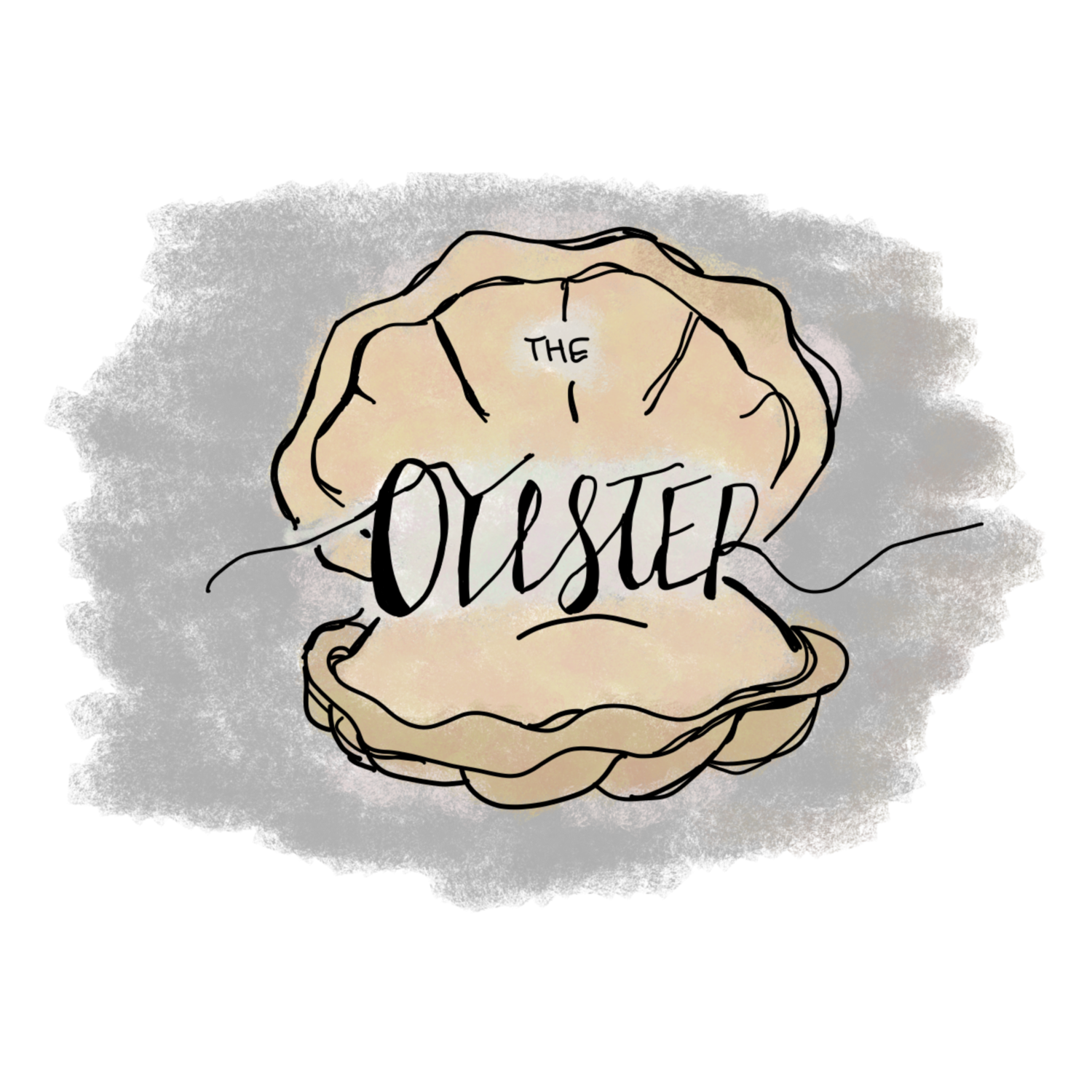Classic Literature: Pros? Cons? Replacements?
Often, when we think of books, we think of classics. The “greats,” if you will. Literature that has shaped language and life alike. Authors that are household names, whose published work is taught in schools across the globe. I’m sure you can think of some just off the top of your head: Austen, Hemingway, Lee, Steinbeck, Shelly, Orwell, Tolstoy, Woolf. To name a few.
What I’d like to ask is this: why?
Maybe that question makes you think I’m foolish, because I myself can think of a few obvious answers to it right now. But really, why? Why is it that these books are so commended and fawned over? Why is it that we hail them today as some of the best books ever written? Why is it that the authors are likewise admired and applauded?
I know I’m making it sound like I’m firmly anti-classic literature, but I very much am not; in fact, some of my favorite books are classics (Pride and Prejudice and Little Women, if you were wondering). I just want to take a moment to delve a bit deeper into the world of classic literature and have a think on its pros and cons, though not all of them; I think if I tried to list all of its pros and all of its cons, we would be here for… a very long time. I’ll go over just a few in this article, and you can ponder over more by yourself.
So, as is typical, let’s start with the pros:
The obvious one is, of course, that classic literature very often contains the language of the times, meaning we can expand our own vocabulary as well as learn a bit more about the era in which it was published
It also gives us a first-hand experience of said era, allowing us to momentarily look through the eyes of someone from the 20th century, or 19th century, or 18th century, or 17th… you get the point
And, as far back as some of these publish dates go, the books are all about the human experience and human nature; something that, even hundreds of years later, many of us can relate to. They carry themes and messages that continue to be relevant, despite the admittedly… let’s say early eras during which they were written
Moving on to the cons:
I mentioned vocabulary as one of the pros, and it is—but it’s also one of the cons. The number of slurs and derogatory terms towards oppressed groups in classic literature (particularly classic American literature) is—and I’ll put it as bluntly as possible—disgusting. I’ve heard many people say that it’s okay, because the books were written during times when those words were more socially accepted than they are today, but I’d have to disagree. Vehemently. Just because they were more regularly or freely said does not, in any way, make them okay
Branching off from my above point, most if not all of these books are extremely outdated in views concerning politics, class, minorities, and more. Many of the more famous classics were written by cisgender, heterosexual, white men—all of whom are now dead. Their deaths should really only emphasize just how outdated these books and even some of their themes are; sure, they’re about the human experience, but how often has a white classics author written a well-developed and non-stereotyped character of color? Or a male author a female character, without the heavy undertones of misogyny, sexism, and unconcealed, often highly conspicuous male gaze?
Classic literature is a controversial topic in and of itself, and I’d like to make it clear that I am neither clearly for or against it. It has its benefits and it has its faults, and as long as we can acknowledge both, and be conscious of how they can do good and bad, I think we can all peacefully enjoy the “greats.”
If, however, you’d prefer to leave the classics behind and begin to explore (or dive deeper into) a different world, I would personally recommend reading more recently published books, both fiction and nonfiction. They offer an insight into the world from a usually more modern perspective. This doesn’t at all mean that you must abandon classics and never speak their titles again—just that it would do well to broaden your reading horizons, and in turn, broaden your mind.
Now, having reflected upon the pros and the cons of classic literature, and how we view it alongside other books today, I reiterate: why?
Just something to think about.
